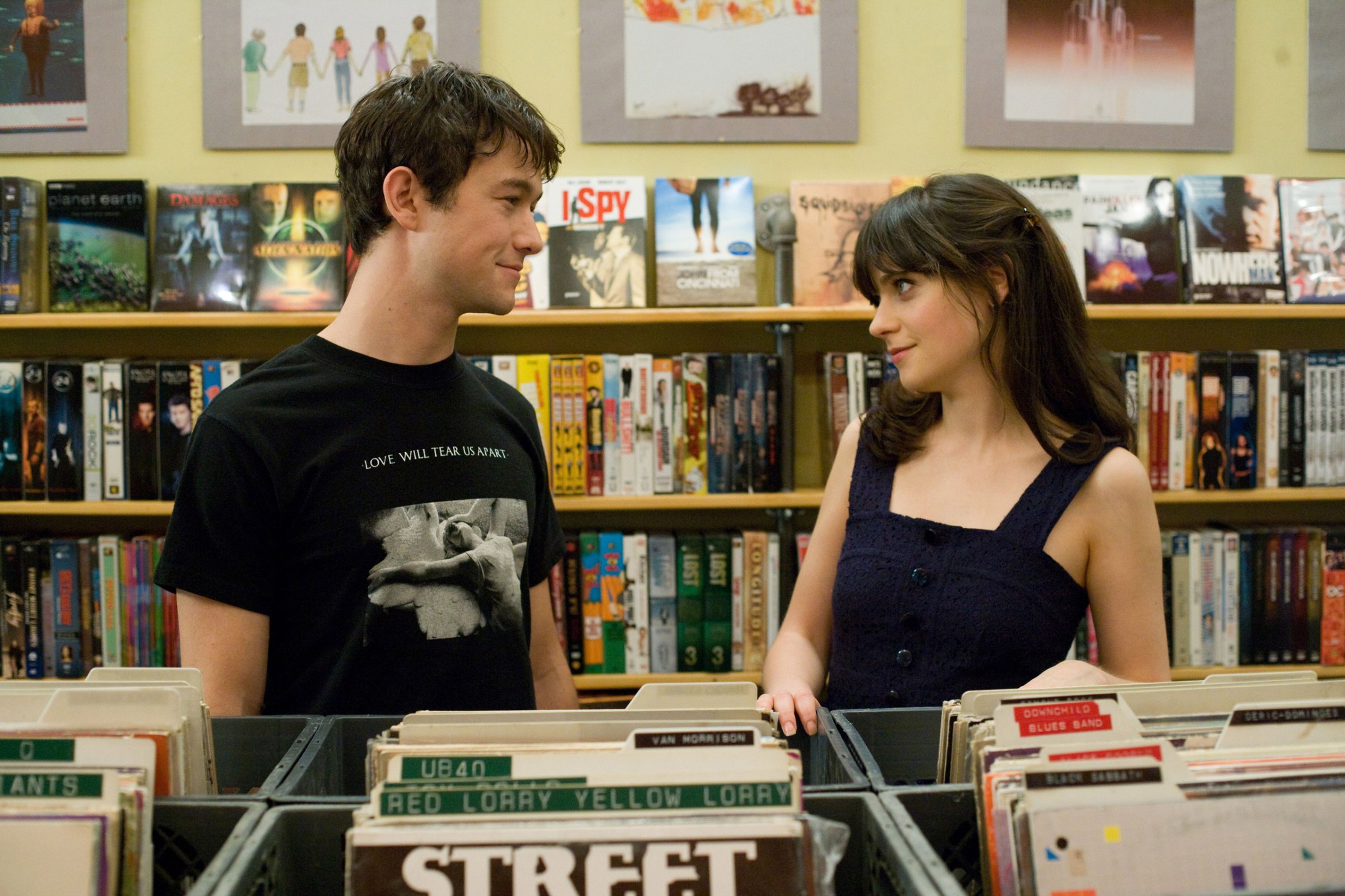
Breaking up with someone isn’t about hurting their feelings—it’s about telling the truth. And the longer you wait to do it, the worse it gets.
I’ve learned that lesson from being on both sides of the equation. Whether I was waiting for what felt like an increasingly inevitable split or procrastinating on taking action myself, I’ve found that letting go can offer relief.
That can be hard to remember when you’re in the middle of it—but there are ways to get through breakups that are tolerable and even empowering.
Nothing is going to make it that easy, but here are a few ways you can try to rethink things to make it easier on yourself.
Ditch the heroes and villains idea.
When it comes to relationships and how they end, screenwriters Scott Neustadter and Michael H. Weber are all too familiar with the irresistible overanalyzing that goes into a breakup.
The duo is probably best known for crafting 2009’s 500 Days of Summer, an honest dramedy that presents romantic realisms instead of romantic clichés. Neustadter says the script started as a sort of therapy after he found himself in a dramatic relationship that wasn’t working out.
“I was just blind to the idea that she wasn’t that interested, I couldn’t fathom that,” he says, a situation reflected in the film’s plot, which follows Joseph Gordon Levitt’s lovelorn Tom as he pursues Zooey Deschanel’s seemingly unattainable Summer.
Weber says the movie is purposefully told from one perspective to drive that point home. “We know breakups have contradicting sides depending on who tells the story,” he says.
To represent the prejudiced view of a one-sided story, Neustadter and Weber decided against showing Summer’s perspective in the movie in order to capture the idea that “we are always looking to find someone to blame,” Neustadter says.
“You always feel more for the person who gets broken up with than the person who does the breaking up,” Neustadter says. “But a lot of times the person doing the breaking up is doing the thing that needs to be done because the other person won’t or can’t or refuses to.”
Don’t feel selfish for taking care of yourself.
Being honest with yourself about a relationship not working is simply about self-care, says Jessica Zucker, a Los Angeles-based clinical psychologist.
“You want to look back and feel strong about the way you took care of yourself,” she says. “Saying that a relationship isn’t resonating with you isn’t always a rejection, but it gets murkier when people don’t have a good sense of themselves.”
And avoiding the truth only makes things worse—denying the problem won’t make it go away. Studies have shown that avoiding stressors—like breaking up with someone—can make things harder for yourself in the long run.
Go after the truth if no one is giving it to you.
After dating throughout my twenties, I found that being candid can help you feel liberated after a breakup. My college boyfriend’s law school enrollment led us down a failed long distance relationship path—and I remember sitting on a video chat with him while thinking, “Just say it! Just do it!” I was ready, he wasn’t. But I was too afraid to speak up. So it dragged on, like we cut it off with a dull knife, making the relationship’s eventual demise even more painful.
Even much shorter relationships can have difficult ends. The digital age of dating—sans courtliness and traditional romance—has changed how we connect and disconnect from each other. In that world, rejection after one date can feel like a breakup, too.
Recently I went on a wonderful first date with a guy who made me feel like we really connected. I read the signs (the kiss on the cheek! The request to see me again for a movie! The getting me into a cab! The hand on my lower back!) the way I wanted to read them—until the next morning when he told me he just wanted to be friends. It stung at first. But the next day it didn’t hurt at all.
More Must-Reads From TIME
- The 100 Most Influential People of 2024
- Coco Gauff Is Playing for Herself Now
- Scenes From Pro-Palestinian Encampments Across U.S. Universities
- 6 Compliments That Land Every Time
- If You're Dating Right Now , You're Brave: Column
- The AI That Could Heal a Divided Internet
- Fallout Is a Brilliant Model for the Future of Video Game Adaptations
- Want Weekly Recs on What to Watch, Read, and More? Sign Up for Worth Your Time
Contact us at letters@time.com